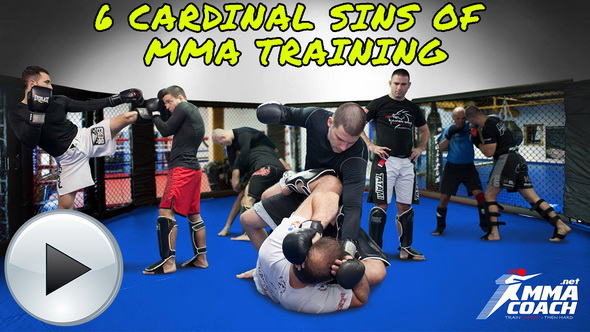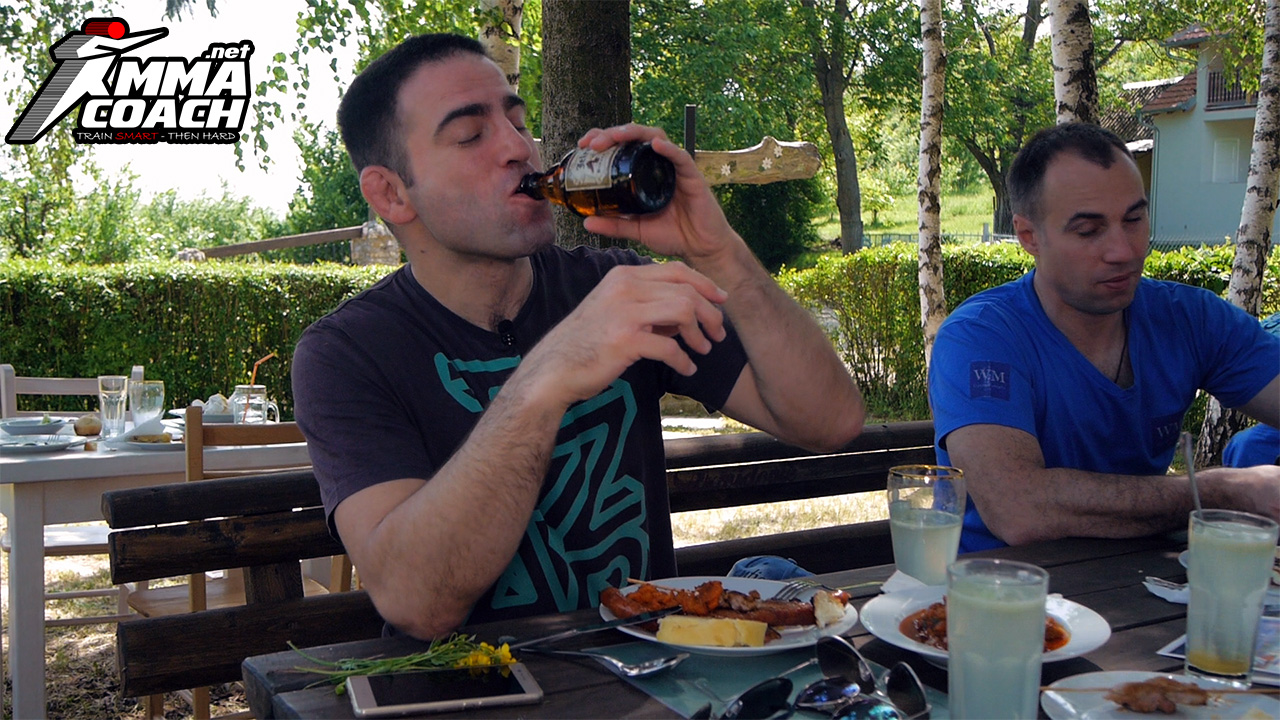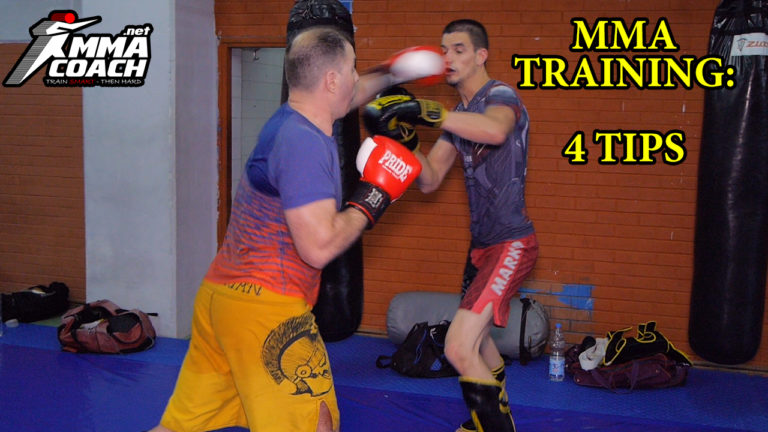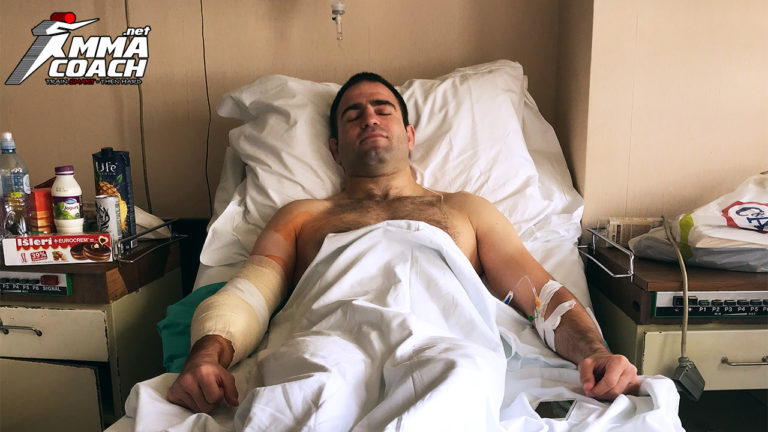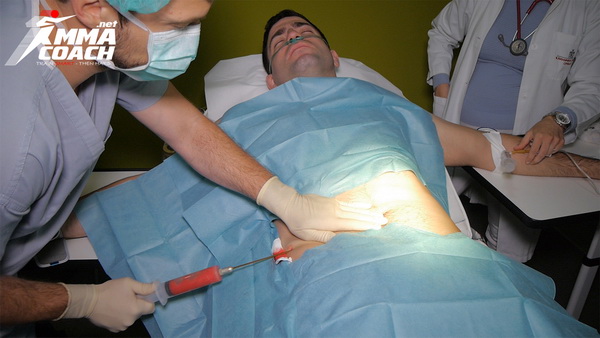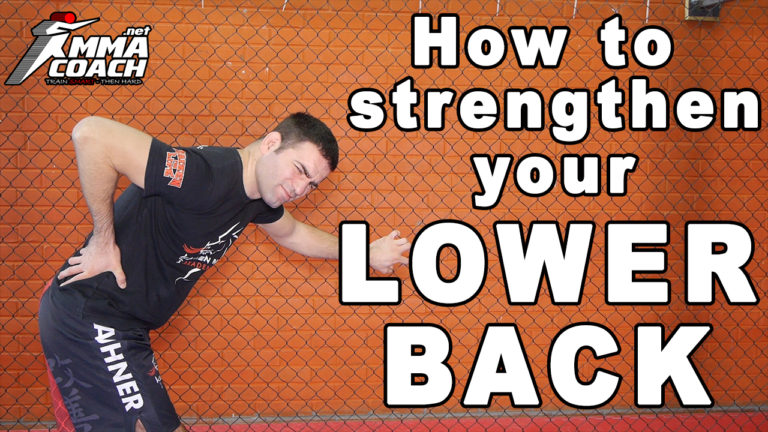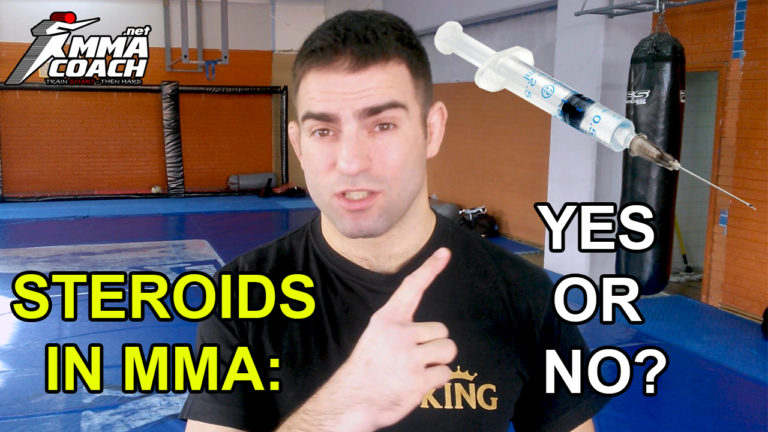5 MMA Recovery Mistakes
Today we’re talking about 5 most common MMA recovery mistakes. What prompted me to do this video and write this article is 1st of May holiday (International Workers Day). Everybody is celebrating here in Serbia and taking a break from work. I’m in the Serbian countryside with my family and friends enjoying the scenery and the glorious food.
[video_player type=”youtube” style=”1″ dimensions=”853×480″ width=”853″ height=”480″ align=”center” margin_top=”0″ margin_bottom=”20″ ipad_color=”black”]aHR0cHM6Ly93d3cueW91dHViZS5jb20vd2F0Y2g/dj1JSnpPUk04cnpHVQ==[/video_player]
1. OVERTRAINING
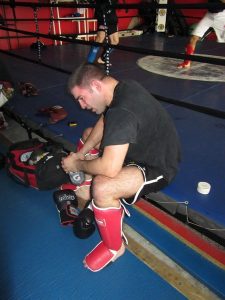 Mistake #1 is definitely overtraining. Most of the fighters overtrain at some point. I use to overtrain when I trained Judo, but then I learned some lessons and I didn’t repeat my mistakes when I started training MMA. But when I trained Judo I overtrained like a maniac.
Mistake #1 is definitely overtraining. Most of the fighters overtrain at some point. I use to overtrain when I trained Judo, but then I learned some lessons and I didn’t repeat my mistakes when I started training MMA. But when I trained Judo I overtrained like a maniac.
Sometimes in the morning I use to do a very hard strength & conditioning session consisting of intense weightlifting and interval training (running). And in the evenings I sparred. Which is not what you’re suppose to do. When you have a hard sparring coming up, you don’t want to be doing intense strength & conditioning. There are many more overtraining mistakes like training more times per day than you can recover from. This is something that fighters do thinking the more they train – the better. That’s not the case.
Rest is even more important than training. It is not so difficult to train hard. What is difficult is knowing when to stop training, when to allow your body to rest and knowing when to hit your body again with hard training.
As a general rule you should be doing no more than one to two very hard sessions per week. There are of course exceptions and people are different. Some people can tolerate more training, some less but in general, you shouldn’t be doing more than 1-2 very hard practices per week.
2. STEROID USE
I made the video about MMA steroid use recently and you can watch it here:
[video_player type=”youtube” style=”1″ dimensions=”560×315″ width=”560″ height=”315″ align=”center” margin_top=”0″ margin_bottom=”20″ ipad_color=”black”]aHR0cHM6Ly95b3V0dS5iZS9tWlFVZWtlVEJxRQ==[/video_player]
Basically I’m very much against it, but I could understand people who take them in the top tier level of competition. Maybe they cannot improve anymore, which I doubt, but maybe they think so.
When young fighters in the local circuit take steroids so they can be the local here, get the girls and to have an attractive facebook cover photo of them being very muscular and jumping on the cage fence as a winner – that I find very stupid and short-sighted.
Steroids are not just for strength, they are mainly for recovery. They allow you to train harder and more times per day and recover faster.
If you take a lot of them or don’t know how to take them, you can get yourself into a serious medical condition later. Some people say that if you take them properly with the doctor’s prescription you will be fine. I’m not so sure about that. What I do know is that a lot of fighters take steroids from their “bros” from the gym who might be their conditioning coaches or from a local bodybuilder. And they are the ones that give fighters advices on how to use steroids.
It is stupid and a lazy way to get results in MMA. Not only lazy but as I mentioned before, you might end up with medical issues later.
What you need to be doing is mastering your training methodology (how you train), how you eat, how you sleep and everything that is connected with training. That will give you results and don’t take shortcuts.
3. POOR DIET
Many fighters think that they can get by without a healthy diet if they’re young, if they’re strong and if they train enough.
Some people can and some people do, but if you want to have maximum performance then you need to need to have a healthy diet.
This is not a diet article and I might do a separate one on that subject, but just follow the basic guidelines and it will do the job for most people.
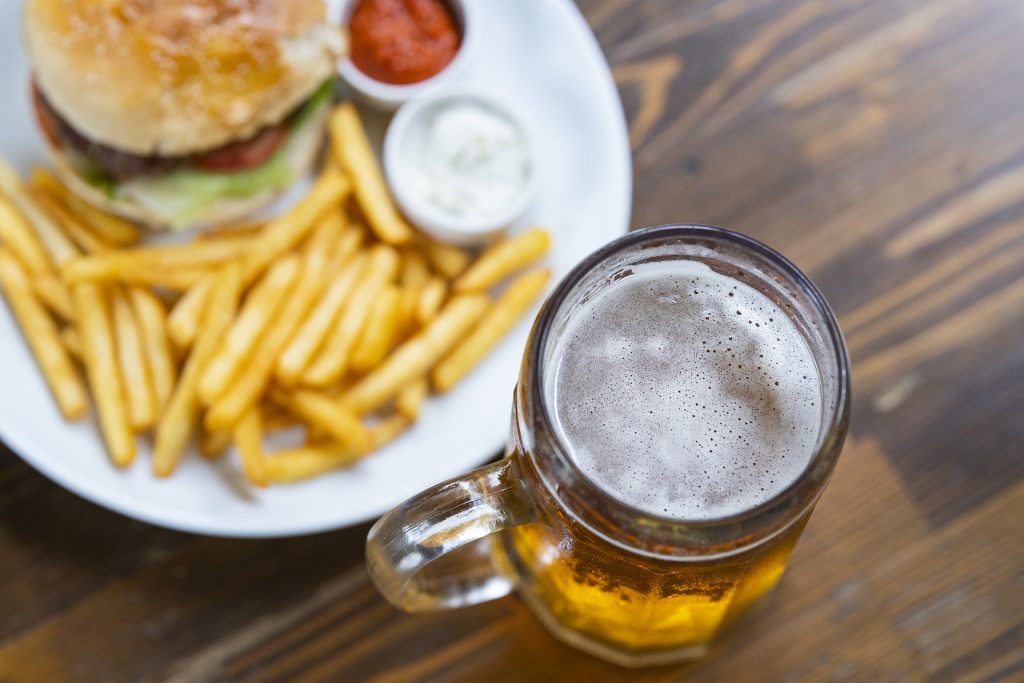
- Don’t eat processed foods.
- Don’t overeat before training because you will get bloated and will be unable to train properly. You will not be able to perform in training the way you should.
- Don’t drink too much alcohol or at all.
When I competed I watched what I ate a lot more than I do now that I’m retired from professional fighting. But I still watch out somewhat. Every once in a while I cheat on my diet, and when I use to compete I had a cheating day. And on normal days I ate very clean.
And this is a lessons we could all learn from bodybuilders. I personally don’t like that sport, but that is a different subject altogether. But we can all learn from them to be more disciplined, because they are the most disciplined athletes of any sports when it comes to dieting. Their sport is so dependent on what they eat and many of them claim that bodybuilding is 80% nutrition. Whether that number is true or not is irrelevant. They clean eat every 2-3 hours and count calories.
Martial artist generally don’t do that and think they can get by just with hard training. Many of them do as I said, but it is much better to watch what you eat so you can perform at your best.
4. POOR SLEEPING HABITS
When it comes to poor sleeping habits, most young fighters think that they can get away with less than they actually need, but it’s not like that. Sleep is very very important.

If you sleep enough you will have:
- better reaction time,
- more testosterone which means you will be stronger and faster and less likely to get injured,
- better accuracy,
- make fewer mental errors,
- more motivation and focus,
- better memory,
- and a lot better emotional stability.
Lack of sleep can take all of that away (or significantly reduce it), and it will really show in your MMA performance and your everyday life.
5. NOT STRETCHING AFTER TRAINING
You should be stretching your muscles after every training. After practice your muscles get tired and sore, and you should be helping them recover by stretching. You don’t have to stretch for a long time. I use to stretch for an hour after Saturday’s training when we had a very hard sparring session. And after normal trainings I stayed for 15-20 minutes to stretch.
You don’t have to have very long stretching sessions and I probably made a mistake for stretching for an hour and keeping the stretched position for long. But that will be a subject of a separate video.
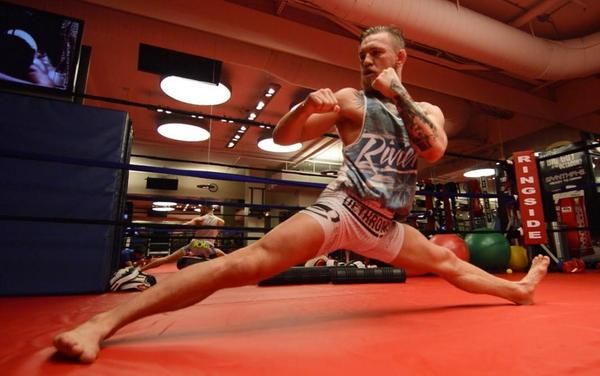
For now it’s enough for you to know that you need to be stretching after every training.
Tell me what you think. Are there any other MMA recovery mistakes that MMA fighters make in their training? Let me know in the youtube comments.
INSTRUCTIONALS FEATURED IN THE VIDEO:
MMA: Essential Lessons
Total GNP Blueprint
MMA Coach Store
A HUGE 50% discount is currently available on all our products. Check it out.
-
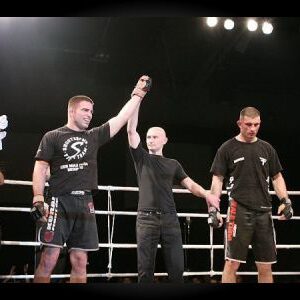 Product on saleMMA Striking Made Easy$180.00
Product on saleMMA Striking Made Easy$180.00 -
 Product on saleTotal GNP Blueprint$120.00
Product on saleTotal GNP Blueprint$120.00 -
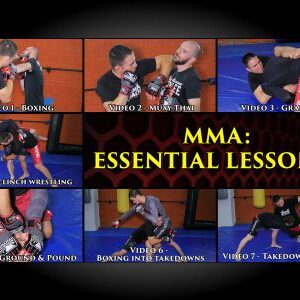 Product on saleMMA Essential Lessons 2$137.00
Product on saleMMA Essential Lessons 2$137.00 -
 Product on saleMMA: Essential Lessons$77.00
Product on saleMMA: Essential Lessons$77.00
Six Cardinal Sins Of MMA Training
Sign up for our FREE video explaining 6 most common mistakes in MMA training. Fix them easily and see your MMA skills skyrocket.
